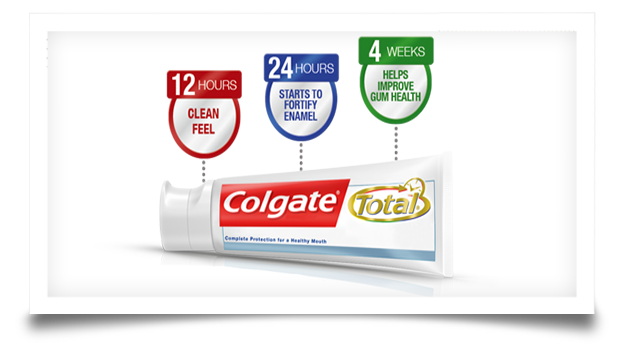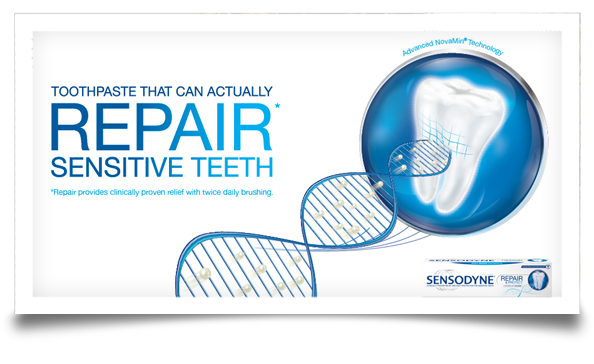Reasons for Pulling Teeth
Although permanent teeth were meant to last a lifetime, there are a number of reasons why tooth extraction may be needed. A very common reason involves a tooth that is too badly damaged, from trauma or decay, to be repaired. Other reasons include:
A crowded mouth. Sometimes dentists pull teeth to prepare the mouth for orthodontia. The goal of orthodontia is to properly align the teeth, which may not be possible if your teeth are too big for your mouth. Likewise, if a tooth cannot break through the gum (erupt) because there is not room in the mouth for it, your dentist may recommend pulling it.
Infection. If tooth decay or damage extends to the pulp — the center of the tooth containing nerves and blood vessels — bacteria in the mouth can enter the pulp, leading to infection. Often this can be corrected with root canal therapy (RCT), but if the infection is so severe that antibiotics or RCT do not cure it, extraction may be needed to prevent the spread of infection.
Risk of infection. If your immune system is compromised (for example, if you are receiving chemotherapy or are having an organ transplant), even the risk of infection in a particular tooth may be reason enough to pull the tooth.
Periodontal (Gum) Disease. If periodontal disease — an infection of the tissues and bones that surround and support the teeth — have caused loosening of the teeth, it may be necessary to the pull the tooth or teeth.
What to Expect With Tooth Extraction
Dentists and oral surgeons (dentists with special training to perform surgery) perform tooth extractions. Before pulling the tooth, your dentist will give you an injection of a local anesthetic to numb the area where the tooth will be removed. If you are having more than one tooth pulled or if a tooth is impacted, your dentist may use a strong general anesthetic. This will prevent pain throughout your body and make you sleep through the procedure.
If the tooth is impacted, the dentist will cut away gum and bone tissue that cover the tooth and then, using forceps, grasp the tooth and gently rock it back and forth to loosen it from the jaw bone and ligaments that hold it in place. Sometimes, a hard-to-pull tooth must be removed in pieces.
Once the tooth has been pulled, a blood clot usually forms in the socket. The dentist will pack a gauze pad into the socket and have you bite down on it to help stop the bleeding. Sometimes the dentist will place a few stitches — usually self-dissolving — to close the gum edges over the extraction site.
Sometimes, the blood clot in the socket breaks loose, exposing the bone in the socket. This is a painful condition called dry socket. If this happens, your dentist will likely place a sedative dressing over the socket for a few days to protect it as a new clot forms.
If you would like to learn more please give us a call
Coupon
Please Give Us a Share!
Contact Us
- Soreness 35%
- Anesthetic 95%
- Satisfaction 99%
- Price (lower is better) 45%
Don’t Pull Teeth.. Keep Them Clean!!!



